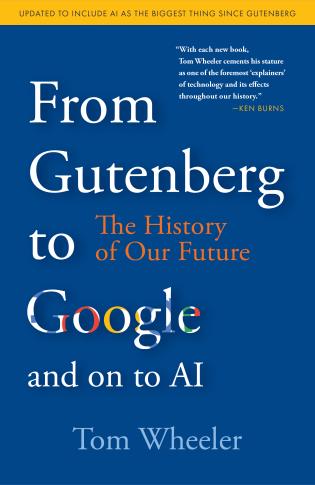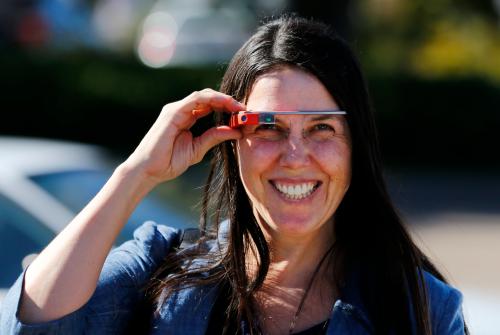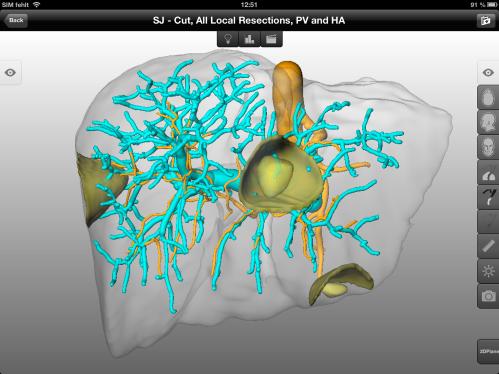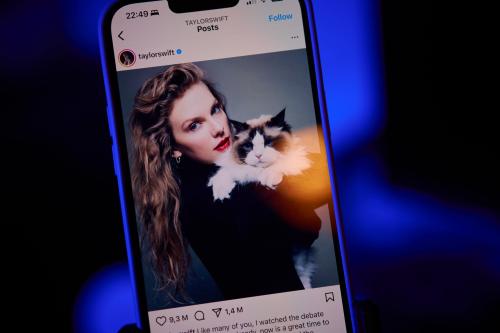Though digital technology has transformed nearly every corner of the economy in recent years, the health care industry seems stubbornly immune to these trends. That may soon change if more wearable devices record medical information that physicians can use to diagnose and treat illnesses at earlier stages. Last month, Apple announced that an FDA-approved electrocardiograph (EKG) will be included in the latest generation Apple Watch to check the heart’s electrical activity for signs of arrhythmia. However, the availability of this data does not guarantee that health care providers are currently equipped to process all of it. To cope with growing amounts of medical data from wearable devices, health care providers may need to adopt artificial intelligence that can identify data trends and spot any deviations that indicate illness. Greater medical data, accompanied by artificial intelligence to analyze it, could expand the capabilities of human health care providers and offer better outcomes at lower costs for patients.
Working with regulatory safeguards
Technology companies have historically shied away from entering heavily regulated industries like health care. Fitness apps and wearable devices that track steps walked and miles run are careful not to offer specific medical information to avoid FDA approval requirements. For example, the heartbeat monitor on previous Apple Watch models are less specialized than the new EKG. Similarly, financial technology companies that offer many products are careful not to offer traditional banking services that would require regulatory approval and stricter scrutiny. By adding heartbeat monitoring to its newest Apple Watch, Apple is entering a new regulatory space with a different set of standards. It is one thing for a computer or a phone to malfunction, but for medical devices to do the same could have drastic consequences for the health and safety of users.
Recording medical data once required a special-purpose medical device. The cost, size, and complexity of medical devices previously limited their use to a professional in a medical facility. Now, the spread of smartphones, fitness trackers, and smart watches have accustomed users to keeping sensors and computers on or near their body much of the time. The intimacy we have with our devices affords an opportunity to use these sensors to collect medical data on an ongoing basis. As tech companies compete to add functionality to their devices, they should consider receiving regulatory approval for medical applications.
Incorporating data
By 2016, American health care spending had already ballooned to 17.9 percent of GDP. The rise in spending saw a parallel rise in health care employment. Patients still need doctors, nurses, and health aides to administer care, yet these health care professionals might not yet be able to make sense of the massive quantities of data coming from wearable devices. Doctors already spend much of their time filling out paperwork, which leaves less time to interact with patients. The opportunity may arise for artificial intelligence to analyze the coming flood of data from wearable devices. Tracking small changes as they happen could make a large difference in diagnosis and treatment: AI could detect abnormal heartbeat, respiration, or other signs that indicate worsening health. Catching symptoms before they worsen may be key to improving health outcomes and lowering costs.
More personalized and more personal health care
Health care is an industry with many manual tasks and cognitive tasks. Patients might prefer receiving treatment from doctors and nurses, but that work would be complemented by artificial intelligence that analyzes medical data recorded from wearable devices. These devices are already popular for activity tracking, and could soon include more medical features if manufacturers receive FDA approval. Automating more of the data collection that takes place during a typical doctor’s visit could even give a patient more face time with a doctor. A more personalized health care system based on wearable devices and artificial intelligence could lead to a more personal health care system where medical professionals spend more time treating patients.
Apple is a donor to the Brookings Institution. The findings, interpretations, and conclusions posted in this piece are solely those of the author and not influenced by any donation.











Commentary
Wearable device data and AI can reduce health care costs and paperwork
October 18, 2018